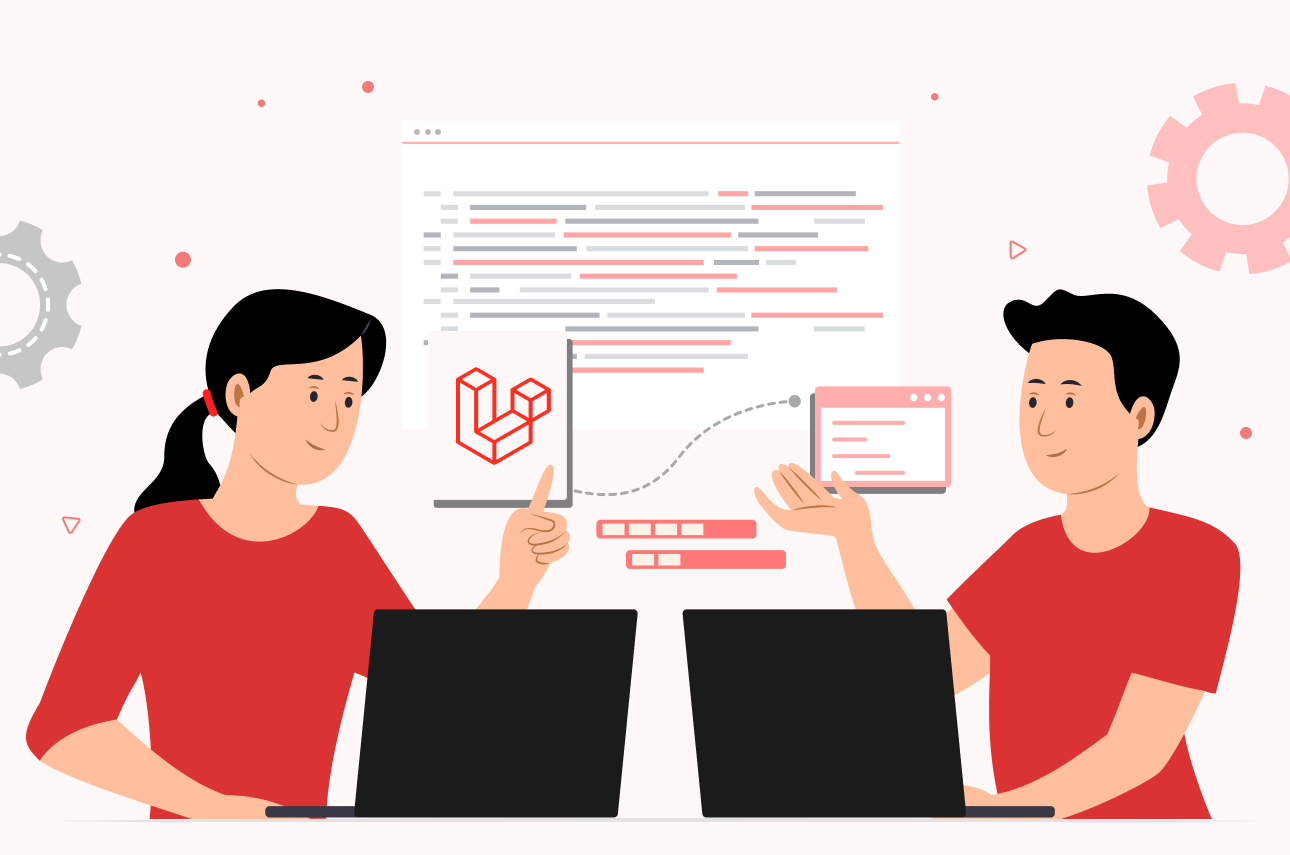Introduction
Renowned for its robust security measures and intuitive yet advanced coding architecture, Laravel stands as a popular open-source PHP framework. Leveraging Laravel allows for the development of innovative online applications that drive revenue and propel business growth, making it an excellent choice.
According to the data comparing various PHP frameworks, Laravel emerges as one of the most widely utilized frameworks for development purposes.
• Prominent companies such as BBC and Pfizer, among others, have adopted the Laravel framework for their development needs.
• Similarweb suggests that 79.2% of the world’s websites still use PHP and out of that 49.47% of websites are powered by Laravel.
The aforementioned statistics serve as solid evidence of Laravel’s popularity as a PHP framework and its reputation as the preferred choice for businesses seeking robust application development. To maximize the potential of Laravel in your project development, it is essential to familiarize yourself with the strategies and techniques for PHP Laravel performance optimization. By doing so, you can ensure optimal performance and efficiency in your application.
Consequently, we will delve into the depths of scaling Laravel apps for efficiency.
Also Read – Everything about Latest Laravel 10 Update








